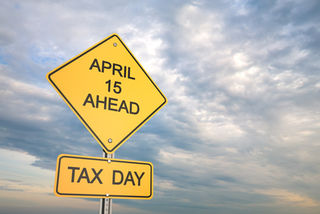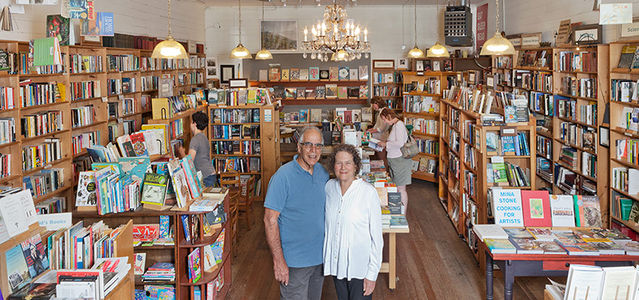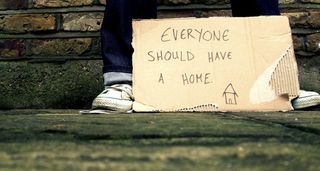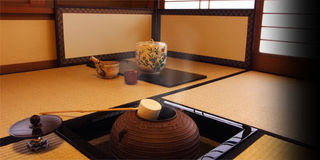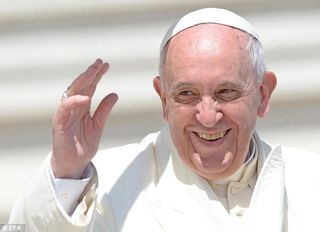Zachary Karabell the author of Leading Indicators commented in an interview that the numbers we hear all the time such as GDP, per capita income, and other statistical generalities aren’t really very useful. Of a typical number he said, “It’s true statistically but it’s also meaningless as a statement.” He explained that the economic indicators we use don’t tell us very much about our world because they are mostly averages. Here’s an example that sounds like a joke: “Bill Gates walks into a bar and, per capita, everybody becomes a millionaire.”
I think this underscores the importance of seeing what is true and meaningful in our own money situation. Even though our individual circumstances are greatly influenced and determined by political and cultural influences, what we have to work with is our own particular, peculiar, personal economy. And our individual economy includes our heart and soul, our relationships with one another, as well as dollars and cents.
Once we have enough for life’s essentials, money is no longer just money. It becomes an expression of what we value in our lives, and an expression of our connections to one another.
Take a look at what you spend money on. I’m not talking about creating a budget but rather to give attention to what your spending habits reveal about your values. Wake up to the fact that going out to eat is taking all your discretionary resources so you don’t have enough money to replace your car that is falling apart. Spending on clothing or travel could mean you can’t take a class or buy a new computer. Take a look at the fact that you decide to stay in an unhappy relationship because it gives you enough money to pay off student debt at a higher rate.
There’s no one right way to make decisions about money. By looking at the decisions you make you will gain insight into what you think your needs are and perhaps see if they truly are your current needs.
It’s always a good process to question the patterns in our lives–including around money. Taking this kind of accounting will give you a picture of the values you hold and perhaps a glimpse into the kind of future you envision for yourself and for the world. Who and what are you investing in through your purchases and/or your investments?
After you’ve taken the money blindfolds off, are you pleased with what you discover? Is your money behavior in sync with what you say you value in life? If not, are they really your values or just what you think they should be? Take a look at how you share your money, be it with family, friends, or causes you believe in. Does this feel good to you?
Taking an accounting of where and how we spend our money—as well as how much we are saving or not saving—is an exercise that helps keep our outside life in sync with our inner life. Listen to your inner needs and notice how much they change. One day you may want to splurge on a new coat for yourself and at another time you may want to buy a coat for a homeless person. Let your money take you to new experiences and relationships that touch your inner life. Use money to feed your heart and soul as well as your belly.
Published 1/25/16
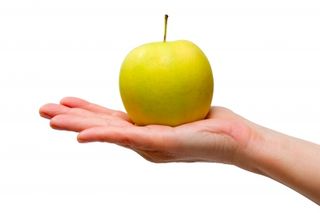 thanks. Each and every person, whether taking just a pair of socks or a bag full of sweaters and coats, expressed heartfelt thanks so genuinely that it shot straight to my heart.
thanks. Each and every person, whether taking just a pair of socks or a bag full of sweaters and coats, expressed heartfelt thanks so genuinely that it shot straight to my heart.